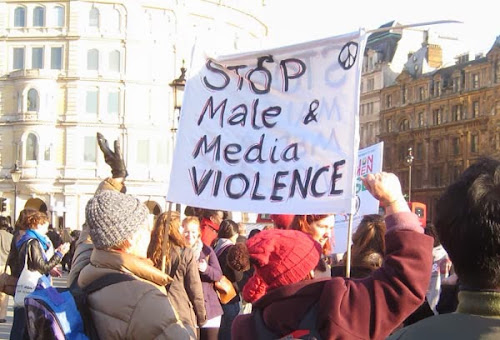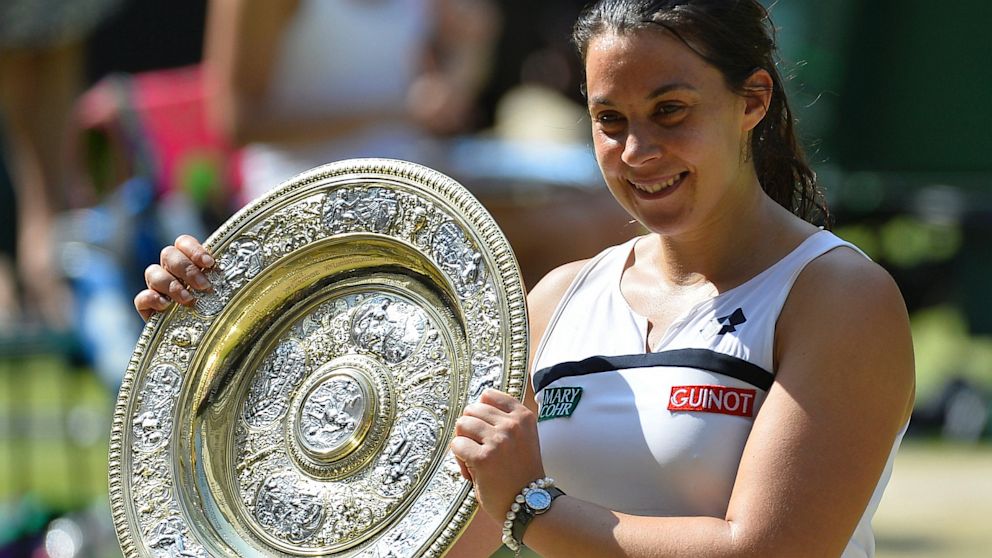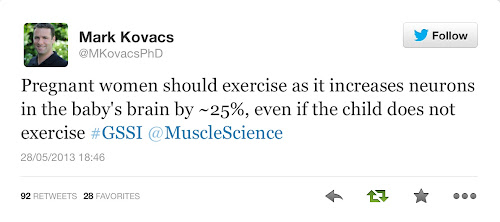Most people within the UK have heard of Henley Royal Regatta even if they know nothing about rowing at all. The picture conjured up is probably one of white, male, public school, wealth and privilege and that is incredibly accurate. Let's make no mistake Henley Royal Regatta (HRR), the most prestigious rowing regatta in the world is all about the men, white men at that. Oh yes women attend but overwhelmingly in support roles.
Lets look at some of the stats
Out of 1550 rowers1 who will be competing at HRR 136 (8.8%) will be women.
Out of 301 crews 32 (10.6%) will be female.
Out of 20 events 4 (20%) are for women.
Of those 4 events 3 are for International standard crews and one is for juniors (under 18). So no events for women of a reasonable/intermediate standard (there are 8 events of that nature for men).
Out of 65 Henley Stewards2, 2 are women.
Mind you, we should be grateful. This is a massive improvement. Back in the day (pre 1993) it was an exclusively male event. Then the men at the top woke up one morning, enlightened, realised how sexist they were being and opened the regatta to women, apologising for their privilege in the process. Not really. Years of campaigning, negotiating, begging and justification occurred before they deigned to let women walk the hallowed ground and compete on the same river as men. Crumbs off the table.
But the benefits for men don't stop at the adulation of their sporting prowess and being the main focus of attention. Prizes for the men go beyond the regatta: entry to the most prestigious and elite rowing club in the UK; invitation to become a member of the Stewards Enclosure
3; talent spotted for the GB squad; more networking and career advancing opportunities not afforded women (be that rowing or other careers). And this is how male spaces work. The power and money gather and bestow their gifts on the chosen few.
And they don't just work to advance men, they work to exclude women. It's not just that women are woefully under represented in terms of the athletes, there are many other subtler exclusionary tactics.
For a start, there are special enclosures which require special badges to enter. The two main ones are the competitors enclosure and Steward's enclosure. The more exclusive and therefore higher in the networking stakes is the Stewards. Tickets to these are predominantly held by men so who is allowed in and out is governed by men.
Then there are the obligatory uniform, rules and regulations. Entry for women to the Stewards will only be allowed if they are wearing a dress or a skirt
with a hemline below the knee. This is in bold on the HRR website, less we forget what modest feminine qualities entail. No trousers, shorts or culottes. In addition,
"it is customary for ladies to wear hats". Dear God, what century are we in? Men basically have to wear a suit. Although they aren't allowed to take off their jackets (unless it gets so hot they are passing out. Who said the patriarchy didn't hurt men as well?). Most men have a suit. Do most women have a dress with a hemline below the knee given today's fashions?
Another rule of the Stewards is that no children under 10 are allowed in. Personally I wouldn't take a child younger than a teenager in because there is literally nothing to do other than talk, watch racing, drink and eat. But this exclusion of children will also exclude women as the predominant child-carers. It is really common in male-dominated spaces.
But HRR is so much more than a rowing event. It is a Corporate Hospitality event. And guess who holds most of the tickets to those because Joanna Bloggs off the street can't just wander in and sip champagne with Corporate elite. Yep, men. Plenty of business takes place at Henley. Men again hold the power to regulate who gets to network and do business and who doesn't. The cards are stacked against women.
All these exclusive little areas, rules and regulations are just so patriarchal. They are designed to either directly exclude women, to make it more difficult for women and the women who do attend have to conform to a certain view of women.
We also have the 'banter' that seems to come hand in hand with male dominated spaces. The casual and not so casual sexism can be intimidating and excluding for women. There is implied or direct pressure to accept with a good grace or a laugh. Even though there maybe a lot of women around at HRR men still own the space and like to remind women of this fact.
And then we get on to violence. In the last 10 years or so, not unrelated to an uptrend in attendees and an increase in hospitality tents, violence has been creeping in over the evenings. This is exclusively male on male violence fuelled by alcohol. The local boys butting heads with the Hooray Henrys. I feel sad that this seems to be inevitable. Men are prepared to put up with violence in order to maintain their privilege, be that privilege be over other men or over women.
In order to counteract the whole exclusivity of HRR, a wonderful group of women headed by Rosie Mayglothling in 1987, decided to set up an event that would be the pinnacle of a female rowers year - Henley Women's Regatta (HWR). This was not without its own issues. From the
Henley Women's Regatta - a short history it is hugely apparent that even though women were organising their own event men were still pulling the strings. Words like "permission", "allow" and "prevent" are used a lot. Here are a couple of extracts to illustrate:
Naturally, the crux of the matter was the attitude of the Stewards of Henley Royal Regatta. Whilst they do not own the water, they do own most of the land each side of the course, as well as all the installations, and their support was vital. The reaction of the Chairman of the Committee of Management to Rosie Mayglothling’s initial approach was such that the idea appeared to be a non-starter; nevertheless, the polite but determined persistence of Rosie and the first Chairman of the proposed event, Christine Aistrop, finally won the day and permission was given for a women’s regatta to be held on the Royal Regatta course in June, 1988.It was made clear from the outset that the ‘Henley Women’s Regatta’ (HWR) could not use the HRR enclosures or boat tents. HWR was to be held three weeks before the Royal and, should bad weather delay the timetable for the regatta installations (as had happened in the past), the course would not be usable by HWR. It was at this point that the project was saved by the enthusiastic help and co-operation of the owner of Remenham Farm, Mr Tom Copas. By offering the use of the farm as the enclosure for HWR, the problems of boating and spectator facilities were largely solved.
Difficulties didn't end there though when the regatta wanted to expand to the whole weekend rather than just the Saturday:
After the increased entry in 1989, the Chairman, Margaret Adams had sounded out the HRR Committee of Management on the possibility of HWR becoming a two-day regatta. This had been rejected on the basis that men’s crews racing at Marlow traditionally rowed up to Henley on the Sunday and they would be prevented from doing so if HWR was extended to two days.
Women couldn't be allowed to prevent men rowing up the river from a regatta in a nearby town for some random tradition. A woman's event couldn't possibly be given priority over a man's event.
However despite this HWR has been a complete success. There are no exclusive areas. There are no dress codes or spectator rules and regulations. There are no Corporate event tents. The spectators can walk the whole course, right next to the rowers and all the rowers are women. It is a lovely event with a massively positive feel.
Nevertheless the men are still not happy. This event is not about them, obviously, yet they still feel fit to offer their opinions. On rowing forums you can often see derogatory (and misogynistic) remarks about the women and the events. There are subjective opinions on 'standards' under the guise that if only women were just 'better' then they would be able to join in with the men, they would be treated equally and respected (sound abusive anyone?). There are remarks about the inadequacy of course length (which is not within women's power to change) and other things like the size of the event which are again out of women's control. And to a certain extent they are correct HWR is the poor relation to HRR. But that isn't women's fault. It is men's fault. They are the ones setting these limitations. Women aren't allowed to organise events for themselves and be left alone, they have to be approved by men.
So here we have a male dominated space that even though women are allowed in the opportunities are still predominantly for men. Then a woman's space that is routinely disparaged and prevented from fulfilling its potential by men. This is what structural oppression looks like. This is how it is maintained. It is incredibly different to achieve liberation and equality when we are being kept down from all sides.
Please note: Although I only mentioned it briefly at the start of the piece, there is also racial exclusivity at work too. Rowing is overwhelmingly white and HRR and HWR both represent that.
1 In 1975 female coxes (steering the boats) were allowed. In any particular year there are only a handful of female coxes and without access to all the crew names it is impossible to tell how many are female so coxes in general have been omitted from the statistics.
2 Henley Stewards are the management team of the regatta and make decisions on the major changes for the regatta, alongside the Chairman and his team.
3 The
Stewards Enclosure is an enclosure set up by the Stewards which allows members to access the spectator area near the finish. Members of the Stewards Enclosure number 6500 and are predominantly male. To become a member of the Stewards involves an application form, sponsors and a very long waiting list.





